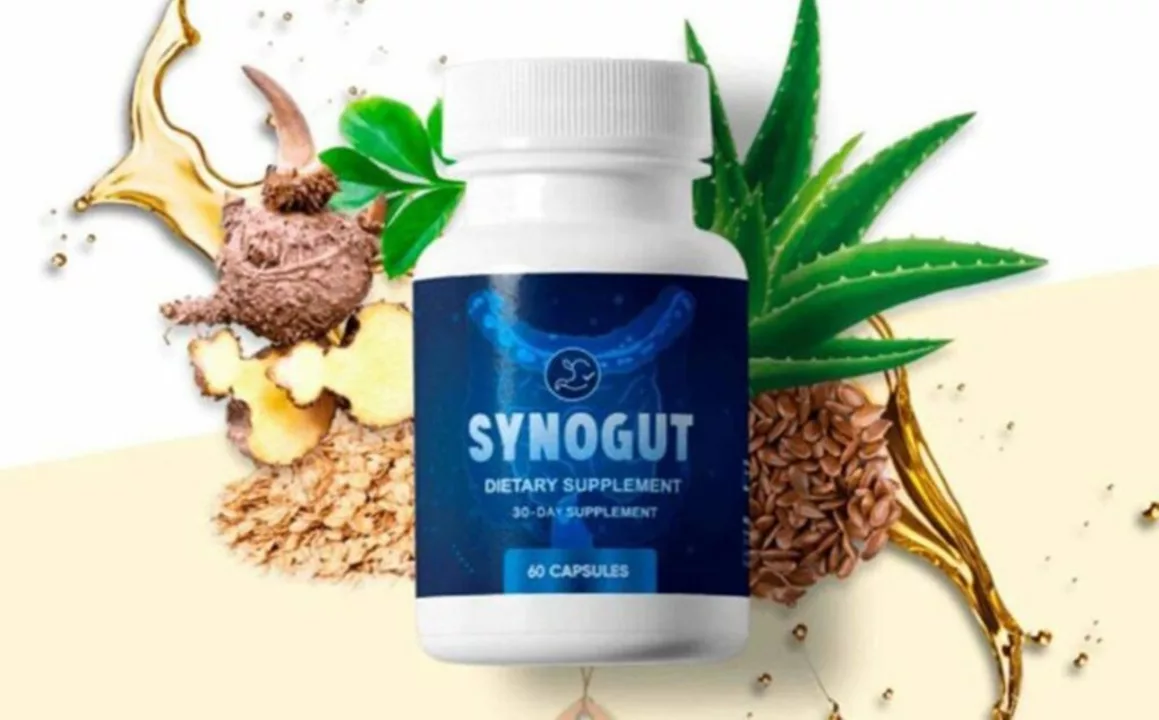All-Natural Remedies: Practical, Safe Alternatives
Looking for natural ways to feel better without jumping straight to prescription drugs? This tag collects clear, practical articles on herbs, supplements, and low-risk swaps you can try for common issues like mild inflammation, digestion troubles, allergies, or sleep problems. You’ll find real tips—how to use an herb, what to expect, and when a natural option might work or fail.
When a natural option makes sense
Try an all-natural remedy for low-risk, everyday complaints: occasional bloating, mild seasonal allergy symptoms, or muscle soreness after exercise. Natural options can reduce pill burden and sometimes ease side effects from stronger meds. Don’t use herbs as a shortcut if you have a serious infection, unstable heart disease, pregnancy, or a condition controlled by prescription drugs. If symptoms are sudden, severe, or getting worse, see a clinician right away.
Also think about timing: herbs and supplements often take longer than prescription meds. If you need fast relief (like for a high fever or intense pain), don’t wait on an unproven natural fix.
How to pick and use all-natural remedies safely
Quality matters more than marketing. Look for products with third-party testing (USP, NSF, or ConsumerLab), clear ingredient lists, and a stated dose of the active compound (for example, curcumin percentage on turmeric extracts). Avoid vague “proprietary blends” that hide amounts of each ingredient.
Start low and try one thing at a time. Take the lowest effective dose for a couple of weeks while tracking changes. If you take prescriptions, check for interactions—some herbs affect blood thinners, antidepressants, or diabetes meds. Pregnant or breastfeeding? Ask your provider before trying anything new.
Watch for side effects. Even natural substances can cause allergies, stomach upset, or headaches. If a product makes you feel worse, stop and check with a clinician.
Practical picks you’ll read about in this tag: turmeric/curcumin for mild inflammation, ginger for nausea and digestion, coriander for digestive support and blood-sugar friendly meals, quercetin and nettle for seasonal allergy relief, probiotics for gut balance, and Korean red ginseng for energy and sexual health. Each entry covers what the herb is used for, typical doses, safety notes, and real-world tips for buying quality products.
Combine natural remedies with basic lifestyle steps: better sleep, a balanced diet, regular movement, and stress control. Those moves often amplify the benefit of supplements and reduce the need for stronger drugs.
Want a quick next step? Read the short guides in this tag that match your problem, check product labels for third-party seals, and if you’re on medication, take a moment to confirm there’s no interaction. Natural doesn’t mean risk-free—but used smartly, it can be a useful part of your health toolbox.
Hyssop Dietary Supplement: The All-Natural Solution for a Healthier, Happier You
As a devoted fan of natural remedies, I recently came across Hyssop dietary supplements and I must say, I'm thoroughly impressed! This all-natural solution has been a game-changer for my overall health and well-being. Not only has it improved my digestion, but it has also helped me manage stress and anxiety better. I can't recommend Hyssop enough for anyone seeking a healthier, happier lifestyle. Give it a try and experience the amazing benefits for yourself!
